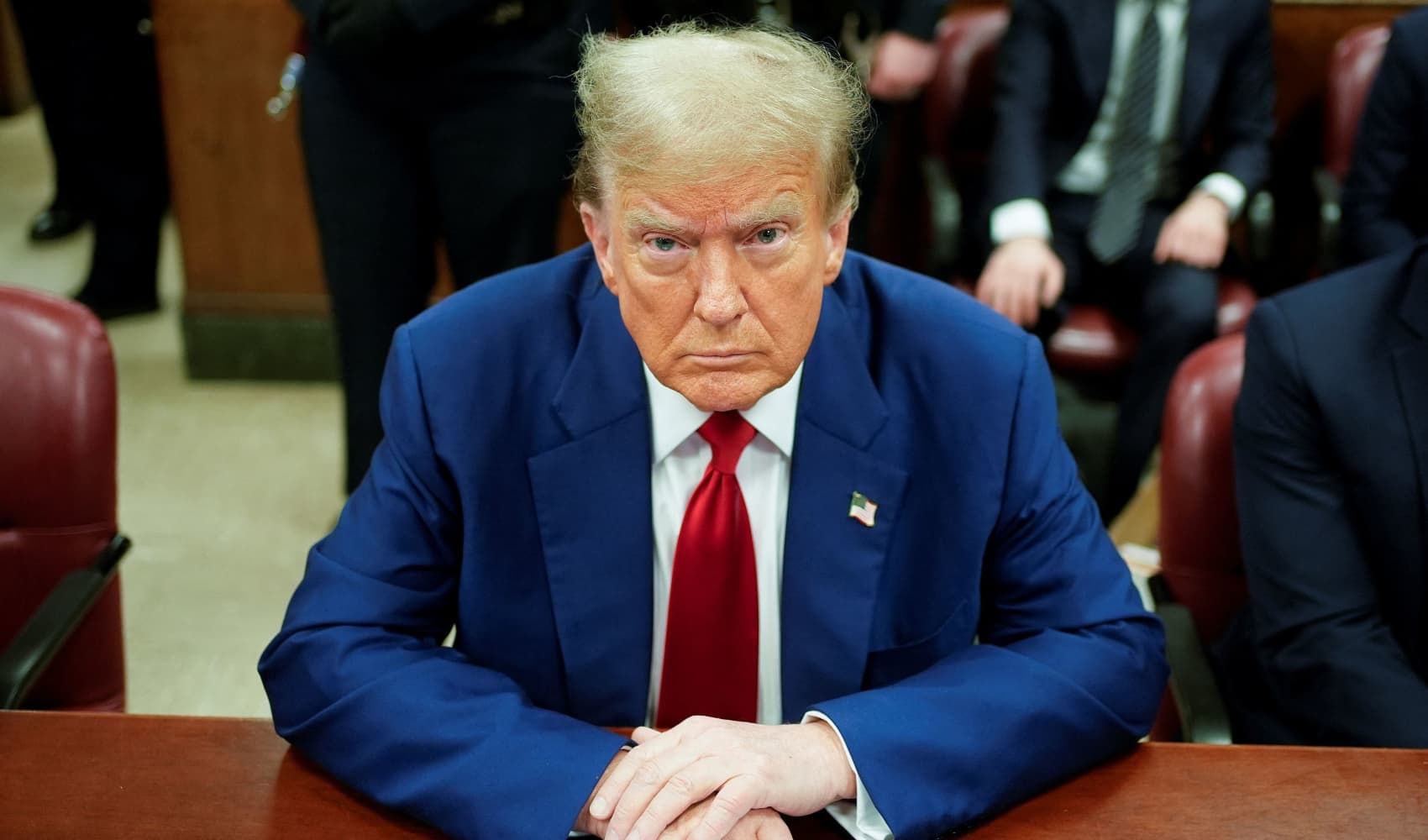Voter turnout in Los Angeles elections is so low that some city officials are considering turning voters' ballot stubs into lottery tickets for up to $100,000 in reward money.
The three-member city Ethics Commission voted Thursday to recommend that the city council consider a prize lottery following LA primary or general elections as early as 2015.
Anyone who casts a ballot could be entered into the drawing.
"I don't want people to go crazy but it's time to talk about these out-of-the-box creative ways to approach this," said City Council President Herb Wesson, who leads the committee that would look into the potential lottery.
Just 23 percent of eligible voters citywide showed up at the polls for 2013’s mayoral election, down from 37 percent in 2001, according to the Ethics Commission.
For last year’s city council elections, some districts had turnout as low as 15 percent.
"I view that as a crisis," said Commission President Nathan Hochman at a meeting Thursday.
News
Top news of the day
Hochman also noted a potential drawback of the lottery, which he said could encourage many uninformed people to vote in city elections.
Commission Vice President Jessica Levinson told NBC4 she was the "cynical person" on the committee but still voted for the recommendation.
"If it does work and it brings more people and more people who are younger, less wealthy, less white to the polls, I think that's a victory," Levinson said.
The commission left it up to the city council to decide the amount of money in a prize and how many prizes would be rewarded, but Hochman suggested a total monetary value of up to $100,000.
The source of the prize money would also be determined by city council.
One potential source is the matching funds program that provides candidates with public funding to match the money they have raised indepently. Using matching funds for the lottery would require a ballot measure and voter approval.
The total money spent by candidates and independent parties in regular city elections increased by over 26 percent from 2001 to 2013, according to the Ethics Commission.
Arizona considered voter incentives in 2006 with a proposition that would have given $1 million to one randomly selected voter, but the lottery idea was defeated at the polls by two-thirds of the vote.
Some LA residents told NBC4 they believe the cash prize could work.
"People should vote without being paid to vote, but if that's what it takes to get them to the polls, I'm all for it," said Menzo Jackson.



